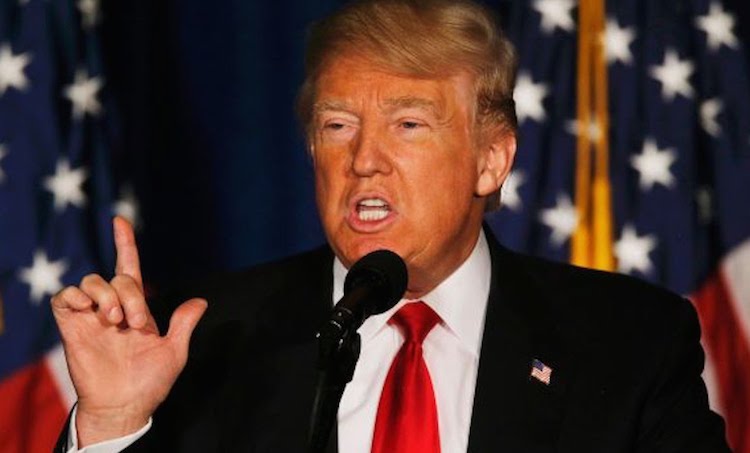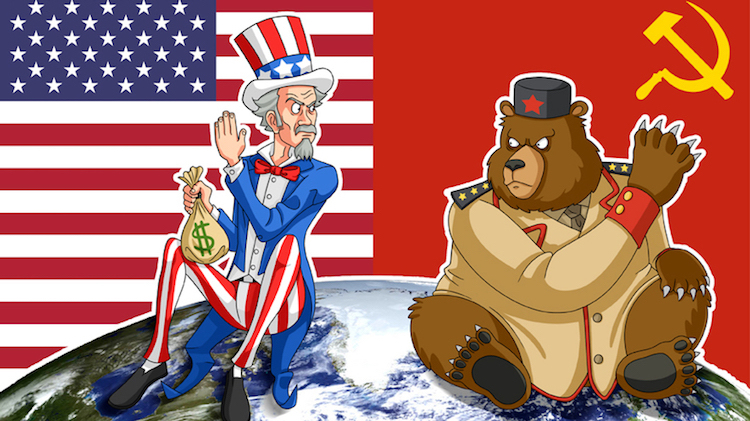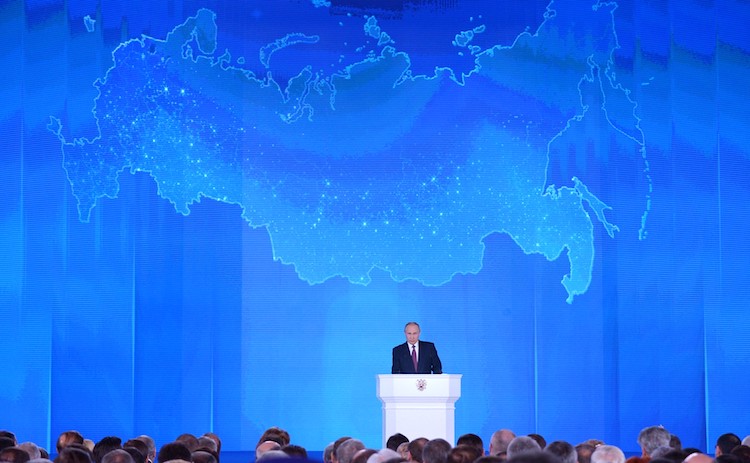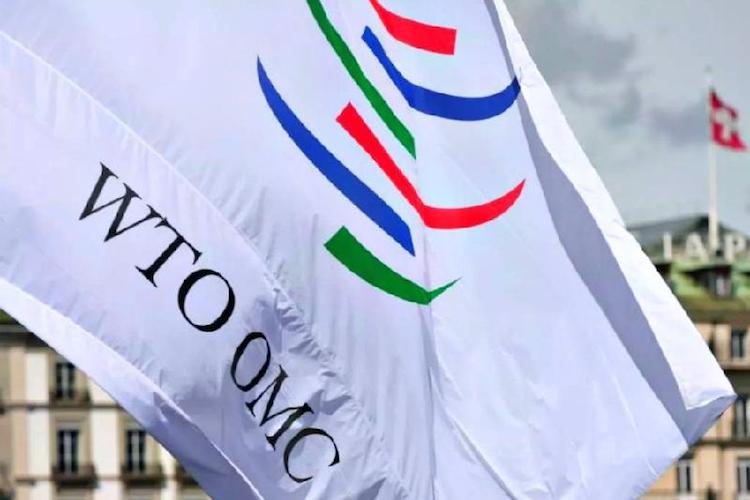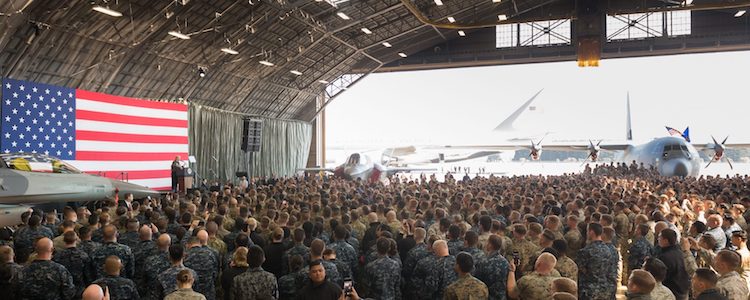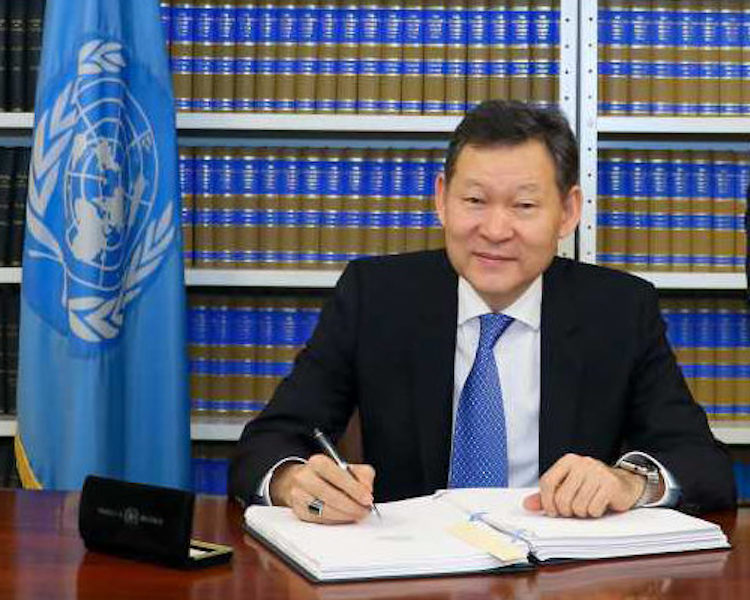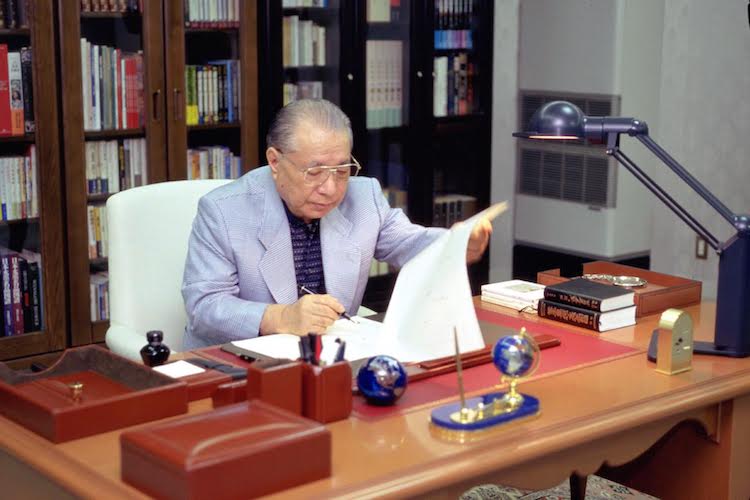Viewpoint by Michele Nobile* This is the fifth of a five-part article looking at US foreign policy in historical context and its global implications under President Donald Trump. BERGAMO, Italy (IDN) – If Trump wanted to be unpredictable, he certainly succeeded. It is the reason for the uncertainty, confusion and variety of assessments about the […]
U.S. Undermining the Global Nuclear Testing Taboo
By Ramesh Jaura BERLIN | GENEVA (IDN) – A new document that outlines U.S. nuclear policy, strategy, capabilities and force posture for the next five to ten years proclaims that the Trump Administration does not intend to ratify a global treaty banning nuclear weapons tests. Nor does it rule out resuming such tests. The document, […]
US Foreign Policy and Trump’s Contradictions – Part 4
Viewpoint by Michele Nobile* This is the fourth of a five-part article looking at US foreign policy in historical context and its global implications under President Donald Trump. BERGAMO, Italy (IDN) – All US administrations between the twentieth and twenty-first centuries have experienced considerable fluctuations, both in the face of development of their actions and […]
Structural Reform Needed to Ensure Brazil’s Inclusive Growth
By Sean Buchanan LONDON (IDN) – Brazil is emerging from its long recession and is headed for solid growth in 2018 and 2019 as recent structural reforms start to bear fruit, but the country still has some way to go. The mixed outlook comes in the latest OECD Economic Survey of Brazil which notes that […]
US Foreign Policy and Trump’s Contradictions – Part 3
Viewpoint by Michele Nobile* This is the third of a five-part article looking at US foreign policy in historical context and its global implications under President Donald Trump. BERGAMO, Italy (IDN) – The development of capitalism is global but structurally unequal: its contradictions are also expressed through the hierarchy of the system of States. And, […]
The Importance of Putin and Russia’s Presidential Election
By Somar Wijayadasa Somar Wijayadasa, a former UNESCO delegate to the UN General Assembly and Representative of UNAIDS at the United Nations, has been a frequent visitor to Russia since 1962 when the then Soviet Union “was a proud nation with a thriving economy, marvels of industrialization, advances in science, technology and medicine, escapades into […]
Kazakhstan to Chair WTO Negotiations on Trade in Services
ASTANA (IDN | KazInform) – The General Council of the World Trade Organization (WTO) has on March 7 approved the candidacy of the Republic of Kazakhstan for the chairmanship of the Special Session of the WTO Council for Trade in Service, reports Kazinform International News Agency citing a press release of the the Kazakh Ministry […]
US Foreign Policy and Trump’s Contradictions – Part 1
Viewpoint by Michele Nobile* This is the first of a five-part article looking at US foreign policy in historical context and its global implications under President Donald Trump. BERGAMO, Italy (IDN) – During a speech on foreign policy in April 2016, US President Donald Trump thundered: “We are totally predictable. We tell everything. We’re sending […]
Kazakhstan Signs Ban Treaty After Security Council Debut
By J Nastranis UNITED NATIONS (IDN) – Kazakhstan, known as an active and staunch supporter of a world free of nuclear weapons, became 57th country to sign the Treaty on the Prohibition of Nuclear Weapons on March 2. The Treaty, which opened for signature on September 20, 2017, will remain open indefinitely. It will enter […]
Striving to Build a Broader Support for the Nuclear Ban Treaty
By Ramesh Jaura BERLIN | TOKYO (IDN) – The second session of the Preparatory Committee for the 2020 NPT Review Conference in April and the UN High-Level Conference on Nuclear Disarmament in May will draw the focus of the international community in the coming weeks as it moves toward paving the way for a nuclear-weapons […]

